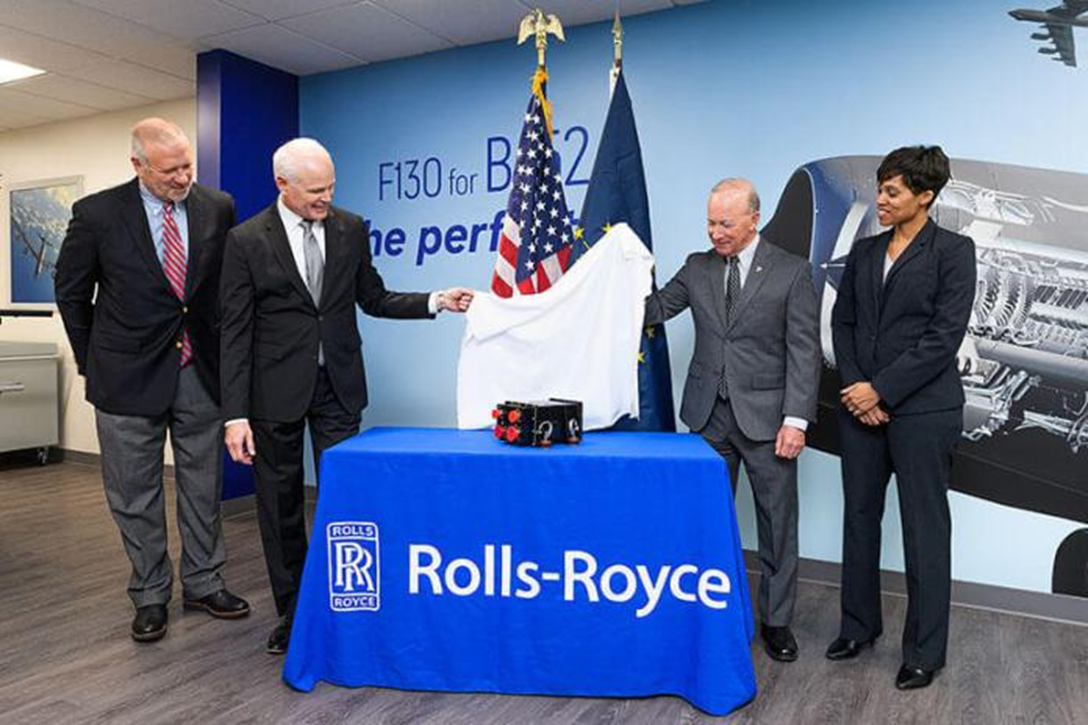Harry Targ
(an updated post from December 15, 2023)
The Raytheon
Technologies Corporation reported that “Raytheon
Technologies is working with the University of Arizona, Texas A&M
University, Purdue University, the U.S. Air Force Academy and other academic
institutions on hypersonic research and testing, to include the use of wind
tunnels to emulate flight conditions and accelerate development.”
Raytheon, one of the
five largest defense contractors in the world, sold more than $64 billion in
military hardware in 2021. Raytheon profits will be higher in 2022 because of
the war in Eastern Europe. Recently, Gregory Hayes, the CEO of Raytheon and a
Purdue University graduate who was given an honorary doctorate by Purdue’s
Krannert School of Management, predicted that the war in Ukraine will be good
for his company’s business.
[Source: twitter.com]
As researchers William Hartung and Julia Gledhill put it: “The war in Ukraine will indeed be a bonanza for the likes of Raytheon and Lockheed Martin. First of all, there will be the contracts to resupply weapons like Raytheon’s Stinger anti-aircraft missile and the Raytheon/Lockheed Martin–produced Javelin anti-tank missile that Washington has already provided to Ukraine by the thousands. The bigger stream of profits, however, will come from assured post-conflict increases in national-security spending here and in Europe justified, at least in part, by the Russian invasion and the disaster that’s followed.” https://tomdispatch.com/the-new-gold-rush/
Another military
contractor with ties to Purdue University is the Rolls-Royce Corporation which,
according to “Purdue Partnerships at Purdue,” signed a research and development
program in 2016 “to create the next generation aircraft agreement with Purdue
University.” The partnership resulted in a $33 million jet-engine research and
development program to create next-generation aircraft propulsion systems.”
Unraveling an
electronic engine controller for the Rolls-Royce AE 3007H jet engine during an
announcement of a new engine controls facility in Discovery Park District are,
from left, Brian Edelman, president of Purdue Research Foundation; Tom Bell,
president of Defense and CEO of Rolls-Royce North America; Mitch Daniels,
Purdue University president, and Candice Bineyard, director of defense programs
for Rolls-Royce North America. [Source: purdue.edu]
In addition, on
April 20, 2022, the company announced a $204 million project to expand one
building and two test facilities in the Purdue Discovery Park. Shortly
thereafter the West Lafayette government granted the Rolls-Royce Corporation a
five-year tax abatement for the construction of facilities in Purdue’s
Discovery Park.
·
[Source: purdue.edu]
Also,
the College of Liberal Arts at Purdue University has established a “Forces
Initiative: Strategy, Security, and Social Systems” which is designed to help
“shape long-range and global military, political, and organizational
decision-making for a just, stable, and secure world.” Faculty affiliates
include a member of the ROTC program, a
military historian, a political scientist, a “peace researcher,” and a Library
Science professor who has published on the F-35, and in military studies
journals. https://www.cla.purdue.edu/research/forces-initiative/index.html
Andrew Bacevich, the Quincy Institute, has referred to a “permanent war economy” which was established in 1945 and still exists today. Presumably, it has been revitalized since the book first appeared in 2010 by wars in Ukraine and the Middle East, the stagnating U.S. economy and the leadership in institutions of higher education who seek greater resources from the Department of Defense and military contractors. Bacevich in Washington Rules: America’s Path to Permanent War, “forcefully denounces the militarization that he says has already become a routine, unremarked-upon part of our daily lives … He rips into what he calls a postwar American dogma ‘so deeply embedded in the American collective consciousness to have all but disappeared from view.”
In the past, liberal arts programs, described
and explained what was and is American history, culture, politics, and
philosophy. Now it seems, the Liberal
Arts will serve the “postwar American dogma” for which Bacevich refers.
https://www.nytimes.com/2010/09/05/books/review/Bass-t.html






